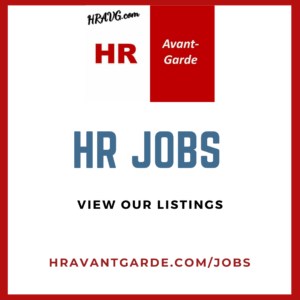
What differentiates a great business from an average one? (Image: Pixabay)
HR is not the most important entity companies compete on in today’s knowledge economy. It is the only one.

People were interchangeable in the old economy. (Photo: Public Domain)
In the industrial economy, firms generated net income by leveraging hard assets. Firms that made the best use of their land and machines made the most profits.
But we have now transitioned to a knowledge economy. Today’s most successful companies, born inside of dorm rooms, parents’ garages and family basements, today register some of the highest market capitalizations on record as they compete on their people instead of their hard assets.
How much land and machines does one need to code software, develop an app, or create an algorithm? What are the hard assets that Facebook, Google and Twitter required to create their value? The most pedantic response would be a computer, a device virtually considered a commodity.
In the industrial assembly line age, factory workers were interchangeable, performing redundant tasks as firms competed by leveraging hard assets, including their tools.

Tools are interchangeable in a knowledge economy that competes solely on people. (Photo: Vima.com)
In today’s knowledge economy, assets used to create value have become commoditized. The tools employees now use across competing companies generally include the same software and hardware. Most of us create value for our employers and customers using the same excel sheets and computer processors. In the knowledge economy, it is not the people who are interchangeable but the hard assets instead. Today people – not the assets they use – are the competitive advantage.
This makes every company, acknowledged or not, an HR company as they create value in the market place by recruiting, incentivizing, developing and yes, even in how they exist their people.
Regarding the old economy, additive manufacturing, nicknamed 3D printing, is ushering in the age of social manufacturing, a phenomenon that will commoditize the manufacturing economy itself, turning even those companies, into HR companies.
- Companies historically competed on their hard assets with the bulk of their employees functioning as interchangeable commodities.
- In today’s knowledge economy, the model is reversed; the tools firms use are now commodities as people represent their competitive advantage.
Vincent Suppa works with startups and investors and teaches graduate courses at New York University. His email is suppa@suppa.org.
© Vincent Suppa 2015


